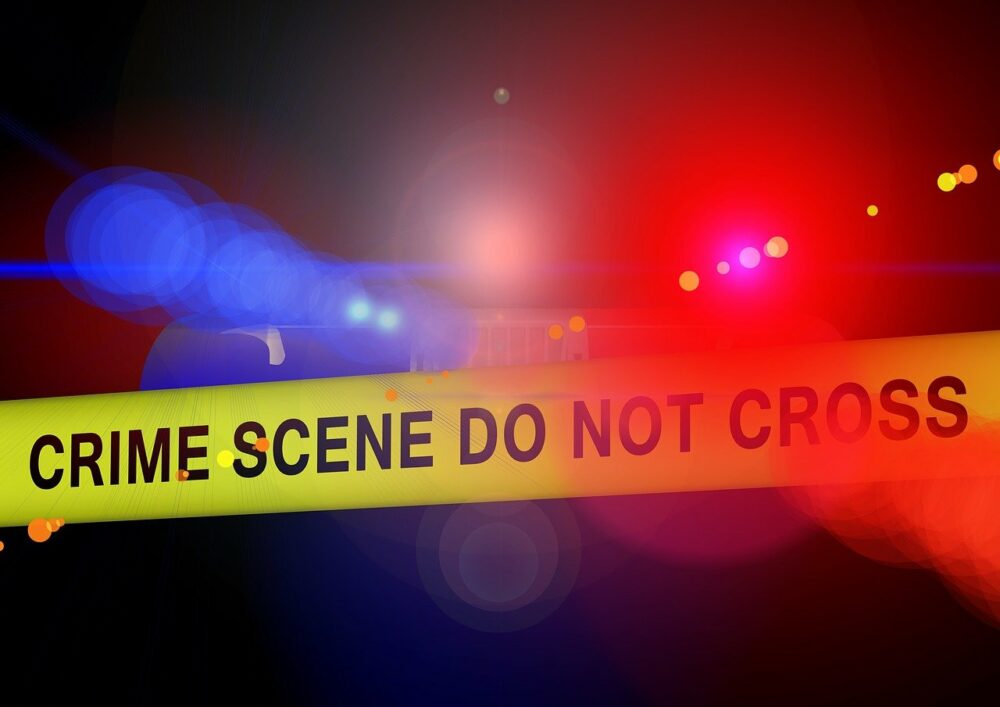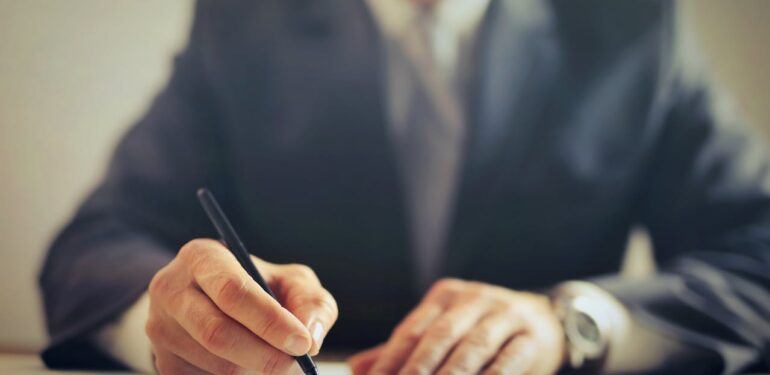Evidence plays a significant role in determining the outcome of a criminal trial. It can make or break your case, and having strong evidence to support your defence can greatly increase your chances of a favourable verdict. This is why it is crucial to know how to gather evidence effectively. In this guide, we will discuss some tips for gathering evidence to help build a strong defence against criminal charges. Whether you are facing charges of theft, assault, or even murder, these tips can help you gather evidence to support your defence.
The Importance of Evidence in a Criminal Case
The importance of evidence in a criminal case cannot be overstated. It is the backbone of any defence and can have a significant impact on the outcome of a trial. Without strong evidence, it becomes challenging to prove innocence or cast doubt on the prosecution’s case. This is when the proficiency of a seasoned criminal defence attorney is important. If you live in Melbourne, Australia, consider consulting with a trusted Melbourne criminal defence lawyer or law firm. They will have the expertise and experience to help you gather evidence and build a solid defence strategy. They have the knowledge and experience to guide you through the legal process and ensure that your rights are protected.
The Types of Evidence That Can Be Used in a Defense
Various types of evidence can be used to support a defence in a criminal case. These include physical evidence, such as documents, objects, or DNA samples, which can directly link or disprove the defendant to the crime. Testimonial evidence, such as witness statements and expert opinions, can also play a significant role in building a defence. Moreover, circumstantial evidence, which is based on inference rather than direct proof, can also be used to create doubt in the prosecution’s case. Each type of evidence has its strengths and weaknesses, and a skilled defence attorney will know how to use them effectively to support your case. Digital evidence, such as surveillance footage or social media posts, can also provide valuable information in certain cases.
The Role of an Experienced Attorney in Gathering Evidence
Having an experienced attorney by your side can greatly aid in gathering evidence for a criminal defence case. They have the knowledge and resources to guide you through the process of collecting and presenting evidence that supports your defence strategy. An experienced attorney will know how to identify and obtain crucial evidence, such as witness statements or surveillance footage, that could make all the difference in your case. They can also help analyze the evidence and determine which pieces are most relevant and persuasive in court. Furthermore, they have the skills to challenge any evidence presented by the prosecution, ensuring that only admissible and credible evidence is used against you in court.

Tips for Collecting Physical and Documentary Evidence
When gathering physical and documentary evidence, be meticulous. This evidence can significantly impact your case, so gather relevant information thoroughly. Identify potential evidence sources like receipts, photos, or items related to the alleged crime. Document and preserve evidence properly to prevent challenges. Take clear photos, copy documents, and handle items carefully. List potential witnesses for stronger support. Collaborate with your attorney to determine key evidence and its role in your defence.
Strategies for Obtaining Witness Testimony to Support Your Defense
Witness testimony can be a powerful tool in building a defence against criminal charges. However, obtaining witness statements can be challenging and requires careful planning and strategy. Work with your attorney to identify potential witnesses who may have information relevant to your case. Be respectful and approach them politely, explaining the purpose of their statement and how it could potentially help your defence. Ensure that witness statements are obtained voluntarily and without any coercion. Consider the credibility of each witness and how their testimony may be perceived in court. Your attorney will have experience in assessing witnesses and determining which ones could provide valuable testimony to support your defence.
Common Mistakes to Avoid When Gathering Evidence for a Criminal Defense
There are also common mistakes that you should avoid to ensure that your defence is not undermined. These include waiting too long to gather evidence or failing to document and preserve it properly. In some cases, certain types of evidence may be inadmissible if not obtained through proper legal channels, so it’s important to work closely with your attorney throughout the evidence-gathering process. Avoid tampering with or altering potential evidence, as this could lead to serious consequences and potentially harm your case. Finally, be honest and transparent with your attorney about any information or evidence you have that may be used against you.
Gathering evidence is a crucial step in building a strong defence against criminal charges. It requires careful planning, strategy, and collaboration with an experienced attorney. By following these tips and working closely with an attorney, you can strengthen your defence and increase your chances of a successful outcome in your criminal trial.


